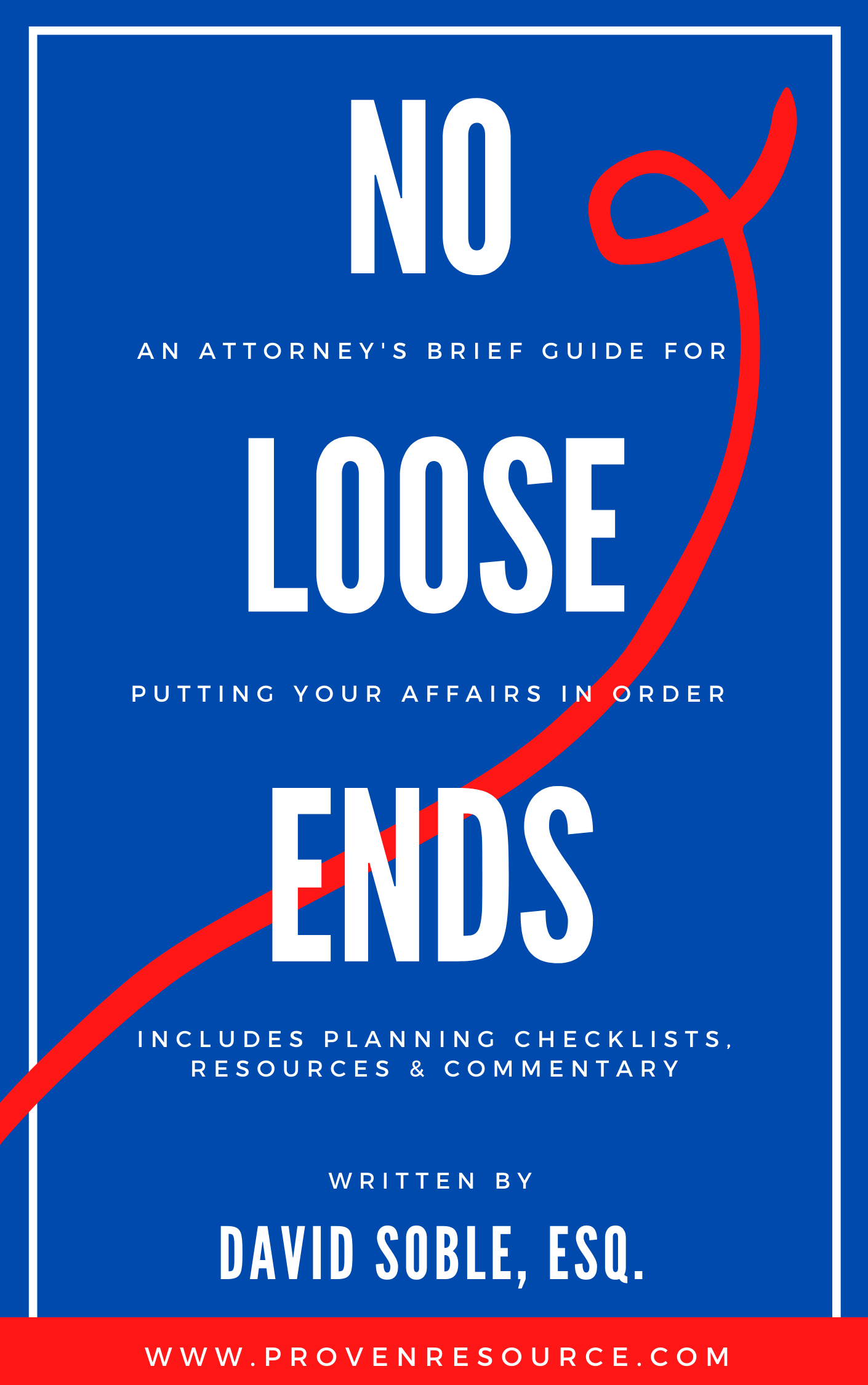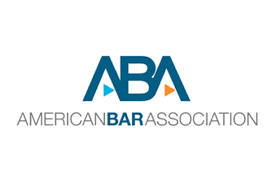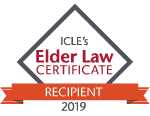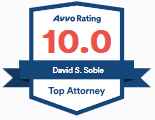Wills & Trusts Issues
Overview
Videos
Case Studies
Wills & Trusts
We help families put their legal and final affairs in order.
Losing a loved one can be difficult enough without having to grieve and then begin the process of sorting out assets with family members and handling creditors inquires. Very often disputes arise over personal property and real estate.
David Soble and his team relieve our clients from the stress of probating an estate. We support your family and help you make difficult decisions associated with this emotional legal process.
The legal probate process ensures the legal transfer of assets from the deceased to the rightful heirs or beneficiaries. Michigan law also requires claimants to probate a matter in order to:
- Challenge the validity of the will
- Appoint someone to manage the estate
- File the estate inventory and appraise the estate property
- Pay any debts or taxes (including estate taxes)
- Distribute the property as directed by the will—or by the intestate succession laws if there is no will.
David and his legal team provide comprehensive legal services for probate matters. Its best to call us regarding an estate’s assets once you realize that you have an issue with family or creditors.
Do You Have A Will Or Estate Planning Concern?
Call Us For Your CONSULTATION
At 888.789.1715 or
Complete This Form.
No Loose Ends
An Attorney’s Brief Guide for Putting Your Final Affairs in Order

Videos
A Word About Wills and Estate Plans
Podcast
Our Latest Podcasts
Soble Podcast Episode: I am Magnavox
Soble Podcast Episode: It Takes a Comma
Soble Podcast Episode: Hired the Wrong Person
Soble Podcast Episode: Information is Not Experience
Soble Podcast Episode: Flight of the Concordski
Soble Podcast Episode: And That's the Way It Is, Mr. Cooper
Soble Podcast Episode: Why Hesitate?
Soble Podcast Episode: Fortunes and Misfortunes of a Village
Soble Podcast Episode: Not Always As They Seem
Soble Podcast Episode: Chariots and Rocket Boosters
Soble Podcast Episode: Cleveland '86
Soble Podcast Episode: The $100K Beard
Soble Podcast Episode: The Potter's Apprentice
Soble Podcast Episode: Replacing the Brakes
Soble Podcast Episode: The Worst Kind of Art
Soble Podcast Episode: There's All Types of Help
Soble Podcast Episode: The Chaos of My Sock Drawer
Soble Podcast Episode: The 6 1/2 Foot Scowl
Soble Podcast Episode: Turning Point in History
Soble Podcast Episode: Decisions Based on Fear
Soble Podcast Episode: Fasta Pasta
Soble Podcast Episode: Just Don't Go There
Soble Podcast Episode: Don't Celebrate Too Soon
Soble Podcast Episode: Meanwhile in the Town of Popperville
Soble Podcast Episode: America's Most Trusted Professionals
Soble Podcast Episode: Ancient Walls
Soble Podcast Episode: The 24-Hour Rule
Soble Podcast Episode: Takin' it Easy and Other Mistakes
Soble Podcast Episode: Sarah, Pumpkin Queen
Soble Podcast Episode: Don't Stop Pedaling
Soble Podcast Episode: Kmart Fish and the Blue Acara
Soble Podcast Episode: Carthage and Rome
Soble Podcast Episode: An Empty Vessel
Soble Podcast Episode: Expectations vs Reality
Soble Podcast Episode: Most Dangerous Day in Modern History
Soble Podcast Episode: It's in the Small Details
Weekly Q & As with David Soble
FAQs
Frequently Asked Questions
Top Will & Estate Plan Questions
Do you have other questions? Give us a call.
Who is an estate plan for?
Every individual should consider creating an estate plan. It is a common misconception that only the wealthy should have an estate plan. This is far from the truth, as creating an estate plan will ensure that your assets and dependents are taken care of in the manner you would like in the unfortunate event that something happens to you. Also, people often possess more property of value than they initially believe. Adding up the value of your assets is an important first step when determining if you should create an estate plan. However, it is true that the more assets, money, and dependents that you are responsible for, the more important having a proper estate plan becomes.
Why is it important to have an estate plan?
Estate planning is the process of designating the distribution of your assets upon your death. It will also determine the management of your assets if you are no longer able to make decisions for yourself. More importantly, estate planning gives you an opportunity to appoint a guardian to watch and care for any surviving minor children. Some of the ways to create an estate plan include making a will or a living revocable trust.
It’s important to have an estate plan so that your family/friends/business associates don’t spend the next decade fighting in court, and possibly in person. The fights can get even uglier if you have young kids, or lots of money and property, or both.
What are the main documents for an estate plan?
The main documents for creating an estate plan are a will, revocable trust, durable power of attorney, and advanced health care directive. You do not need each one of these instruments as each situation calls for a specific plan. However, you should be familiar with each type of document to know how they work and the value they bring. An experienced estate planning attorney is best suited to determine the instruments needed for your situation.
If you die without a will, your estate will still have to go through the probate process. However, instead of giving your Executor the go-ahead to distribute your property, the court will name an Executor (known as an “estate administrator”) and will tell that person how to distribute your property.
To begin a probate proceeding, the Executor of the will or an attorney acting on behalf of the estate must initiate the proceeding with the local probate court. This is done by submitting an official document called a Petition for probate of will to the court. The court will review the will and determine whether or not it’s a valid legal document—that is, whether or not the will is legally binding and was in fact created by you.
If the court determines that the will is valid, the court then gives the Executor legal documents called either Letters Testamentary or Letters of Administration. These documents authorize the Executor to distribute assets to beneficiaries. This may include transferring assets from your name into the names of the beneficiaries and paying any debts or taxes on behalf of your estate.
For example, if Susie’s mother dies and she named Susie the Executor of her estate in her Will, then Susie must submit a Petition for Probate of the will to the local probate court. Once the court determines the will is valid, they will give Susie Letters of Administration that authorize her to distribute her mother’s assets.
Should you use an attorney?
If you have complex financial arrangements, such as real estate, overseas assets, elaborate investments, or trusts, then you’re going to need some help. This means working with an attorney or an online service that offers advice from real lawyers. The best way to find an attorney isn’t much different than finding a good doctor, electrician, or dog walker. Get recommendations from friends, family, or other attorneys. Once you have some options, meet with them and make sure you get along, approve of their working style and skills, and, of course, don’t forget the price tag.
However, even if you do not have a complex financial situation, an attorney will make sure your intentions are carried out through valid legal documents.
What are the main differences between a trust and a will?
The first difference between a will and a trust is that a will covers any property that is only in your name when you die. It does not cover property held in joint tenancy or in a trust. A trust, on the other hand, covers only property that has been transferred to the trust.
Another main difference between a will and a trust is that a will goes into effect only after you die, while a trust takes effect as soon as you create it. A will is a document that directs who will receive your property at your death, and it appoints a legal representative to carry out your wishes. By contrast, a trust can be used to begin distributing property before death, at death, or afterward. A trust is a legal arrangement through which one person called a “trustee,” holds legal title to property for another person, called a “beneficiary.”
Further, a trust is able to pass through probate. This means that, while a court ensures that a will is valid and that the property named in the will gets distributed the way the deceased wanted, a trust passes outside of probate. So a court does not need to oversee the trust process, which can save time and money. A trust, unlike a will, does not become part of the public record. A trust can remain private.
Lastly, a will allows you to name a guardian for children and to specify funeral arrangements, while a trust does not. On the other hand, a trust can be used to plan for disability or to provide savings on taxes, while a will does not.
Articles About Wills & Trusts
Read our most recent articles on this topic
Wills Aren’t Just for the Wealthy
Everyone Should Have a Will Chances are, you’ve spent plenty of your free time thinking about the money you’ll have available at retirement. But what have you done to plan out your estate? The sad truth is that most of us—some 70% of adult Americans—have neglected to write a will.…
America’s “Most Trusted” Professionals
In the Fall of ‘87, I was a first-year law student. I have a distinct recollection of my first day surrounded by equally nervous first-year students listening to a lecture by our contract law professor. He told us that the practice of law was akin to having someone come in…
Why Clients Choose Us
Once You Call, You'll Appreciate the Difference.
Former Big Bank "Insider"
HigHest Peer and Client Ratings
24 Hour Response

30 +Years of Legal & Business Experience
Affordable & Approachable
Innovative & Creative solutions
Soble Law, led by attorney David Soble, is a boutique law firm based in Michigan, focused on real estate law, probate, and contract litigation. With over 35 years of legal and big corporate banking experience, David Soble and his legal team offer a niche alternative to large national firms to informed clients who value senior-corporate-level counsel, financial and realty-industry insight, and education-forward service. They provide practical legal solutions that protect clients' property and financial interests. Known for their no-nonsense approach, the firm represents individuals, families, and businesses across Michigan and Ohio, offering clear guidance through complex legal matters.
We Reduce Legal Exposure & Financial Risk. Every Day.
Real Estate Law
Real estate and finance law are their own legal specialties. So how do you determine which attorney you should work with...
Contract Law
Contracts regulate expectations between parties. Working without a contract is comparable to walking a high wire without a net.
Business Law
Attorneys having years of both practical business experience as well as legal expertise are rare. David Soble is one of these...
Financial Disputes
David Soble has decades of experience as a 'big bank insider." He and his business management team are uniquely situated when it comes to handling our clients stressful financial...
Litigation
We regularly and successfully litigate real estate and contract issues. While we prefer to first resolve our client's issues reasonably and amicably, we can and certainly will escalate....
Probate & Estate Planning
For most people, their home, or other real estate, is the most valuable asset that they own. We're dedicated to protecting our clients' assets and ensure that their legal interests...
We're one of the best reviewed law firms in the state.
Don't take our word for it! See hundreds of our reviews on Google, AVVO, Martindale-Hubbell and Linked In.
Your Legal Next Steps


















